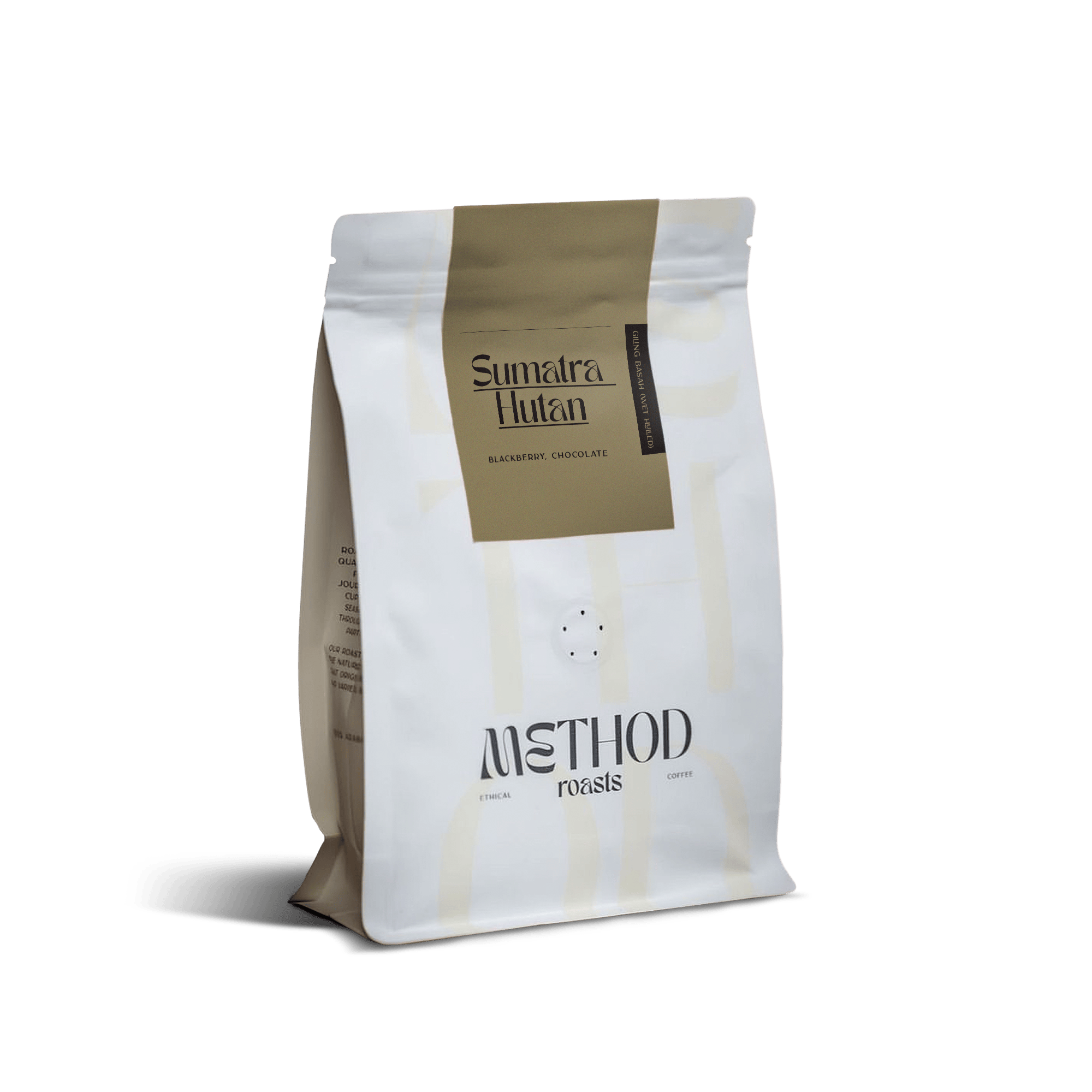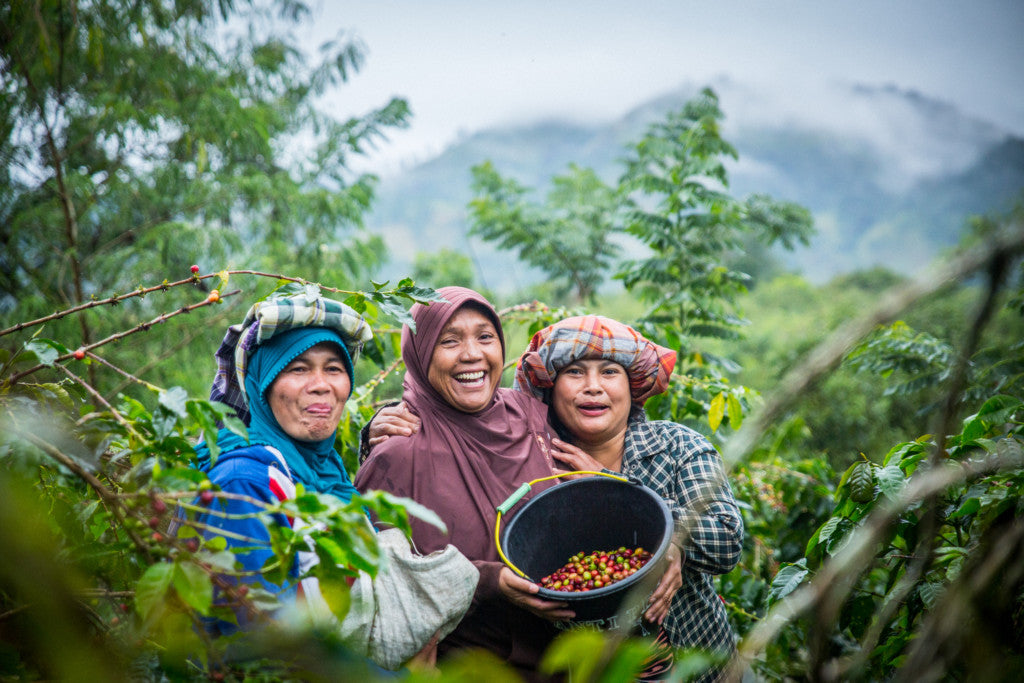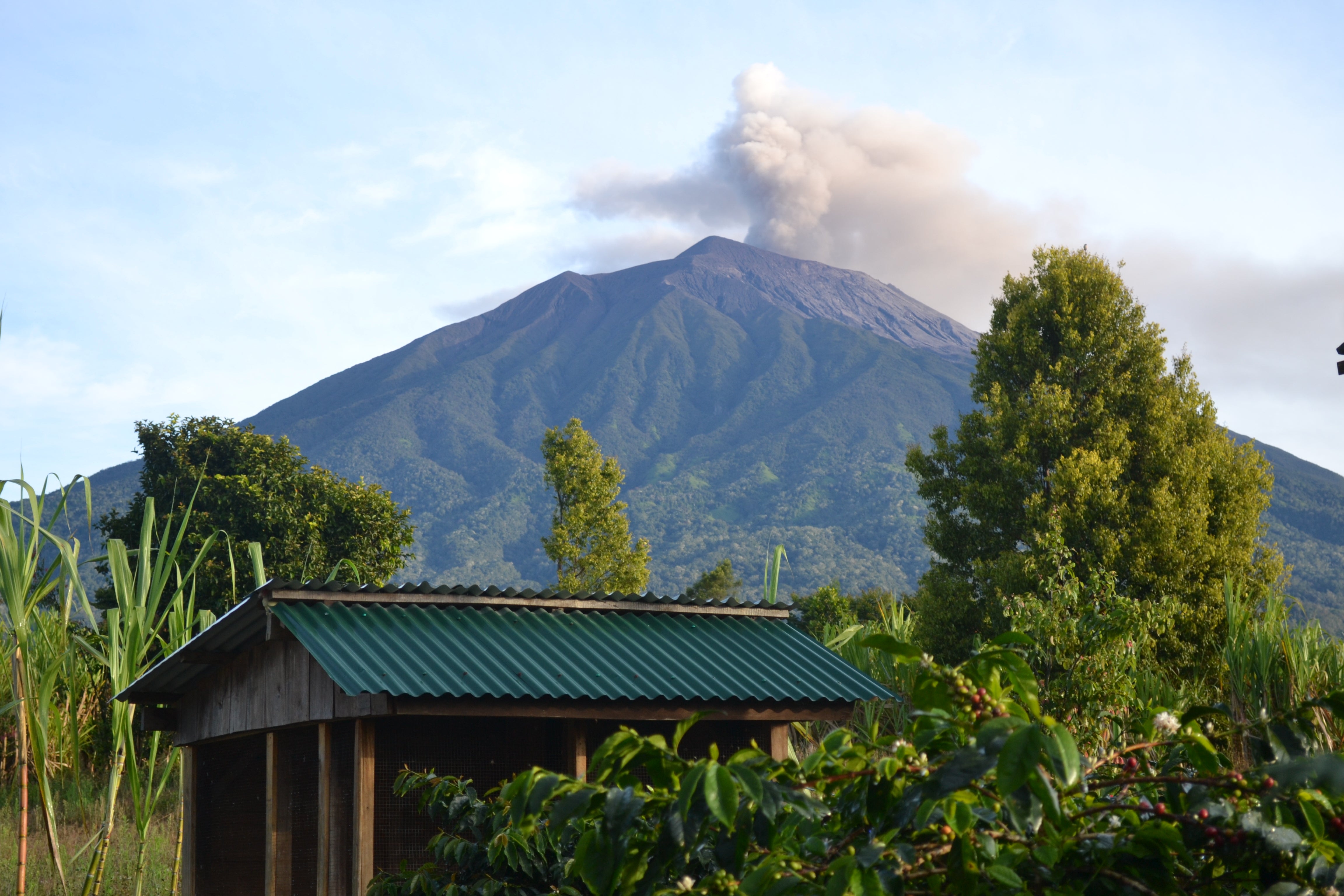
SUMATRA - HUTAN
TASTING NOTES:
We love Sumatran coffees for their distinct flavour profile; big-bodied and chocolatey, with subtle fruit notes and low acidity.

PRODUCER
Ketiara KOPEPI
REGION
Bies, Lake Laut Tawar, Central Aceh
HARVEST
September - June
ALTITUDE
Altitude 1450 - 1700 MASL
VARIETY
Gayo 1, Gayo 2
PROCESS
Wet - Hulled (Giling Basah)
ABOUT
We love Sumatran coffees for their distinct flavour profile and Hutan is a fantastic example of the very best quality coffees we've seen from this region.
We’re very proud to be supporting the Ketiara Co-op who are an incredible force for good in Aceh, where their Hutan Fund is dedicated to protecting the unique forests of Sumatra - the sales of this coffee help to fund their amazing work.
Making A Difference
Brewing Advice
Our Packaging
Both our 250g bags and KG bags are 100% plastic-free and compostable.
Manufactured with best-in-class sustainable materials the bags are paper with a Plantcell™ compostable laminate that acts as a freshness barrier.

The Hutan Fund

Lake Laut Tawar

